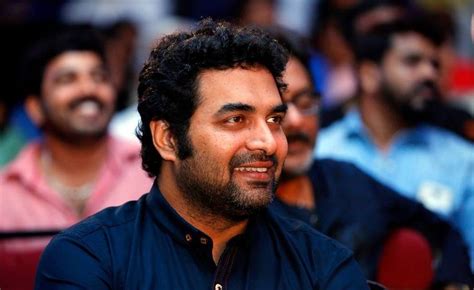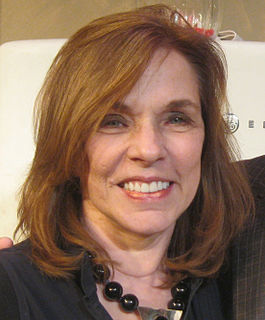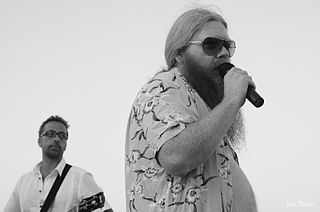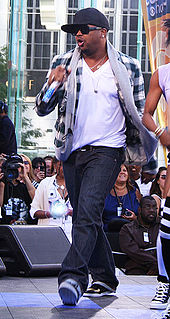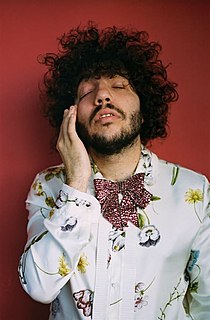A Quote by Gopi Sundar
I call 'Mukkathe Penne' my first emotional hit because it's the kind of song that goes straight into the hearts of the audience.
Related Quotes
An audience will let you know if a song communicates. If you see them kind of falling asleep during the song, or if they clap at the end of a song, then they're telling you something about the song. But you can have a good song that doesn't communicate. Perhaps that isn't a song that you can sing to people; perhaps that's a song that you sing to yourself. And some songs are maybe for a small audience, and some songs are for a wide audience. But the audience will let you know pretty quickly.
I never want to record something that I'm not proud of just because I think it might be a big hit. There's no positive about that because if you record a song you hate and it's a big hit, then you're singing a song every night that you hate. And if you record a song that you hate and it isn't a hit, then you sold out for no reason.
If you're up there performing a song for the first time, it's as if you're hearing it through their ears. You become acutely self-conscious of the song in performance, so that's a good thing before recording. But I like to have some surprises for the audience; I don't want the audience to know everything that's going to be on the record, because these days, with the Internet, people become avid collectors of pre-knowledge.
I think the emotion that song carries makes it good. Because you have to produce around something - an emotional attachment and a feeling. The melody itself has a feeling in it. The keys, the tones, frequency, sonics, all of those have feelings in it. Like, it's the ghost within, the music itself. That's what makes the song even have a possibility of being great. The emotional connection. Because if you don't have that, I don't think you really have a song.
Emotional discomfort, when accepted, rises, crests and falls in a series of waves. Each wave washes a part of us away and deposits treasures we never imagined. Out goes naivete, in comes wisdom; out goes anger, in comes discernment; out goes despair, in comes kindness. No one would call it easy, but the rhythm of emotional pain that we learn to tolerate is natural, constructive and expansive... The pain leaves you healthier than it found you.
